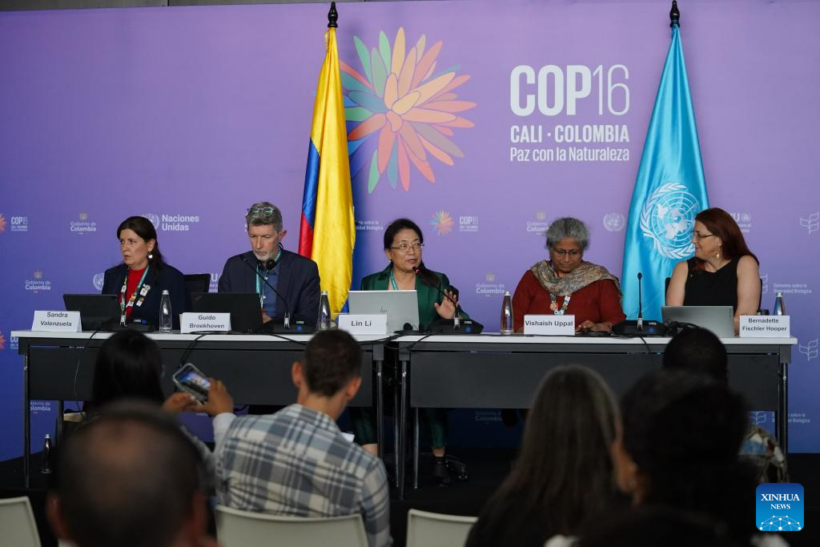The 16th Conference of the Parties (COP16) on Biodiversity took place in the city of Cali, Colombia, reaching significant agreements in favour of global biodiversity. Significant progress was also made in relevant aspects such as the relationship between human health and biodiversity, with the transition of production modes in the different sectors of industry as a fundamental theme in the discussions.
It is also worth celebrating article 8J, which refers to the recognition of indigenous and Afro-descendant communities as fundamental actors in the care of biodiversity.
This 2024 edition of COP16 was one of those with the largest participation since the Conference of the Parties was created in 1992, and it achieved relevant agreements such as the protection of ecologically important maritime areas in international waters and the creation of the Cali Fund for the collection of economic resources from the use of digitised genetic sequences.
The environmental organisation World Wildlife Fund (WWF) highlighted – in a press conference reported by the Xinhua News Agency – ‘the efforts made by the participants of the 16th Conference of the Parties (COP16) on Biodiversity and called on governments to implement the agreements reached in favour of global biodiversity as soon as possible’.
From the so-called Blue Zone of COP16, members of the organisation underlined the need for immediacy of action for this summit in order for it to be truly successful.
‘Countries came here ready to implement the measures. The problem is that they don’t yet have the means to do so. Let’s talk quickly about resource mobilisation,’ explained WWF-UK’s Director of International Advocacy, Bernadette Fischler Hooper.
‘In the area of resource mobilisation, the old credo still applies that nothing is agreed until everything is agreed. And there is still an impasse that needs to be overcome,’ she added.
In this regard, the environmental expert gave the example of the United Nations Conference on Biological Diversity (COP15), chaired by China and hosted by Canada in 2022, which gave ‘a certain fame’ to ‘the convention on nature’, which leads to ‘responsibility and consequences’, she said’.
Guido Broekhoven, director of research and policy development at WWF International, also told Xinhua: ‘A new programme of work has been adopted which is an important step to further include local indigenous peoples’ communities in the workings of the convention,’ he said.
‘We think it is extremely important that the COP decided that such a body will be established. Now, this is the Peoples‘ COP and we have seen a lot of actions by indigenous peoples, local communities and other civil society groups,’ he said.
However, as other media reported, the Summit ended without the long-awaited agreement on finance from rich countries. Greenpeace International said: ‘The world has lost 5-10% of all insect species in the last 150 years. There will be no way out of this alarming biodiversity crisis if the countries of the Global North continue to prioritise money over life on our planet’.
As Democracy Now pointed out, some good news also emerged, including a measure establishing a permanent indigenous advisory body at the UN to participate in decision-making on conservation issues. Camila Paz Romero said: ‘This is an unprecedented occasion in the history of multilateral environmental agreements. Indigenous peoples and local communities of the world, connected from our knowledge systems in the care of life, biodiversity, remember the long road travelled to this convention. This new subsidiary body is a benchmark for the rest of the world, where parties recognise the continuing need for our full and effective participation.






